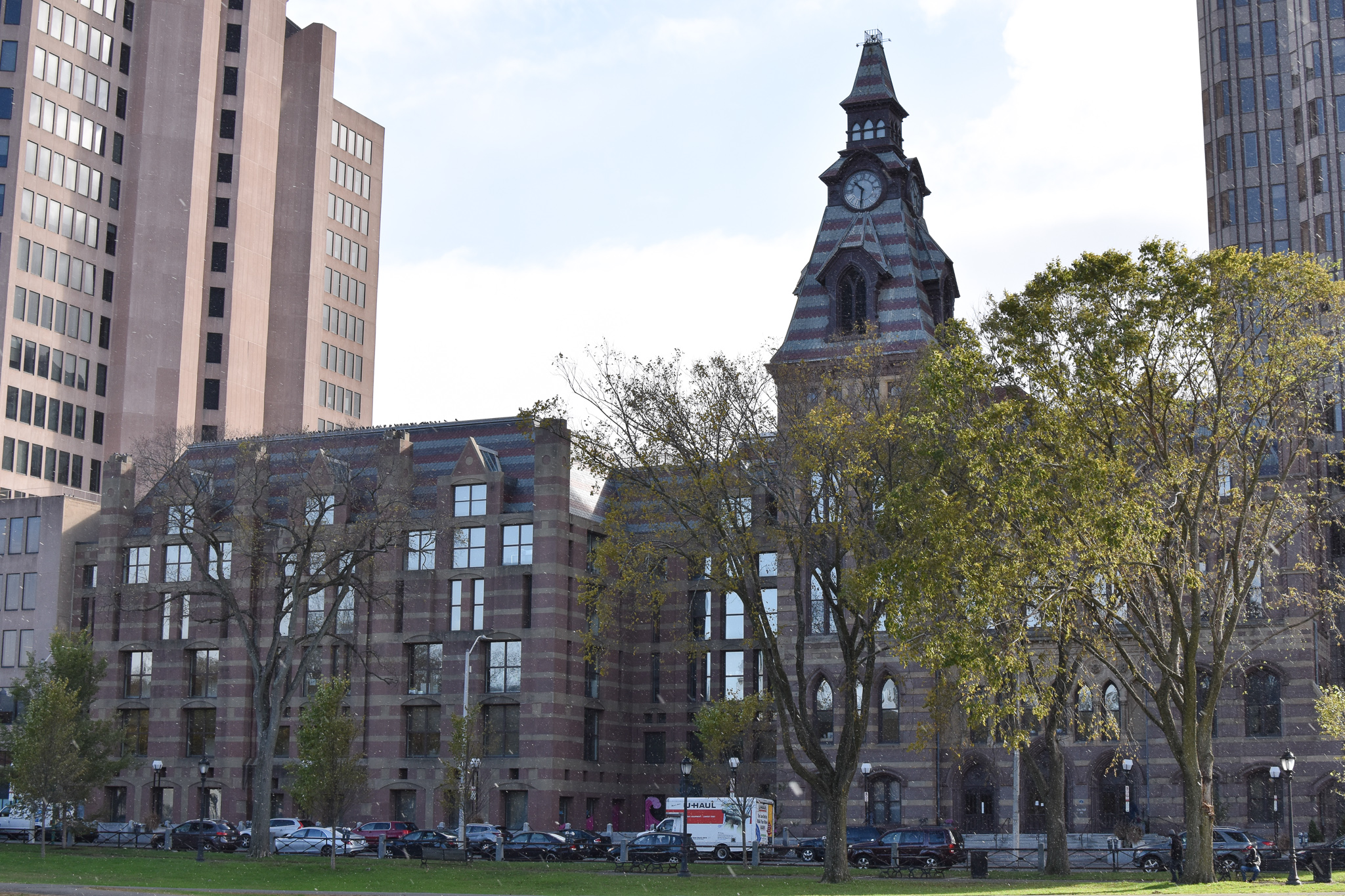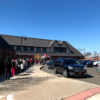
Karen Lin, Staff Photographer
The New Haven Public Schools Attend, Connect and Engage (A.C.E.) campaign and other local schools have adapted their traditional Black History Month celebrations into a virtual format.
Since the beginning of the month, the district’s A.C.E. campaign, which aims to ensure students connect to classes and engage with their communities, has co-hosted three different Black History Month events with different community groups. The first event was a history lesson, music performance and conversation with a local music educator on Feb. 17. That event was followed by a reading and book discussion with the University of New Haven’s Tow Youth Justice Initiative on Feb. 18 and a “Black History and Afrofuturism” panel with the Greater New Haven NAACP last Wednesday.
In addition to the A.C.E. campaign, the district is promoting a virtual Black History Month video performance by students and teachers at Betsy Ross Arts Magnet School in The Hill neighborhood. Due to the pandemic, the traditionally in-person event will be presented to the public as a free online video on the school’s website and Facebook from Feb. 25 through March 19.
Sylvia Petriccione told the News that in a normal year, Betsy Ross would feature a one-night show of student songs, poems, dances and skits. The performances are meant to highlight Black culture and history.
“We’ve always had Black history performances, we’ve always done it. And I believe performance is important. Why is it important? [Black history] is not history that is always at the forefront,” said Petriccione.
Petriccione added that this year’s celebration will feature a wide array of performances. A student chorus is scheduled to sing “Lift Every Voice and Sing” by J. Rosamond Johnson and James Weldon Johnson, a song often deemed the “Black national anthem.” Others will perform a choreographed dance to “Change is Gonna Come” by Sam Cooke and read poetry, including “One Today” by Richard Blanco.
Lyrical theater, which involves the transformation of song lyrics into theatre-like performances, will also be a part of the celebrations. Betsy Ross theatre teacher Matt Young directed the students performing “lyrical theatre” and was delegated with the task of putting together the final video for the public. For the school’s Black History video, Young said that his students wanted to present something that resembled more of a celebration than a history lesson so they decided to work with the medium. Putting the performances together was difficult during the pandemic. Student dancers had to make an appointment to go to Betsy Ross for their piece — the first time in months those students have been allowed to reenter the school. In the video, the dancers will be sporting masks and maintain social distancing.
Young added that this year his students have adapted numerous songs by Black artists, such as “Midnight Train to Georgia,” “Ain’t No Mountain High Enough” and “Moonchild.” A selection of these performances will be featured in the final video.
Earlier in the month, one A.C.E. event focused on the importance of African-American literature.
The President of the Greater New Haven NAACP Dori Dumas said that Wednesday’s “Black History and Afrofuturism” panel emphasized “knowing the stories” of Black authors.
“We really thought that it was extremely important to highlight the importance of Black literature, our writers,” Dumas told the News. “At the end, our goal is to really encourage more people to get back to reading, and if they haven’t been reading, to pick up a book.”
She hoped the event would encourage New Haveners to start their own book clubs. Dumas said that one of the writers Greater New Haven NAACP wanted to highlight was Octavia Butler, author of the 1979 novel Kindred.
She added that she hoped attendees would leave the event knowing more about Butler’s life, which she said “people don’t normally know about.” Facts shared about Butler included her Afro-futurist texts and how Butler imagined alternative futures for Black women as leaders. In “Kindred,” Butler’s best known work, a young African-American woman travels back in time to pre-Civil War Maryland and explores the lived experiences of exploitation in Southern plantation society.
Dumas underscored that the NHPS and the Greater New Haven NAACP opted to host the event in the evening to encourage families to watch together.
“We want adults; it’s for the community,” Dumas said. She said she hopes families that watch the event together are inspired to discuss topics of Black History, especially those brought up during Wednesday’s event.
The Greater New Haven branch of the NAACP was granted its charter in 1917.
Zaporah Price | zaporah.price@yale.edu
Christian Robles | christian.robles@yale.edu
Interested in getting more news about New Haven? Join our newsletter!








